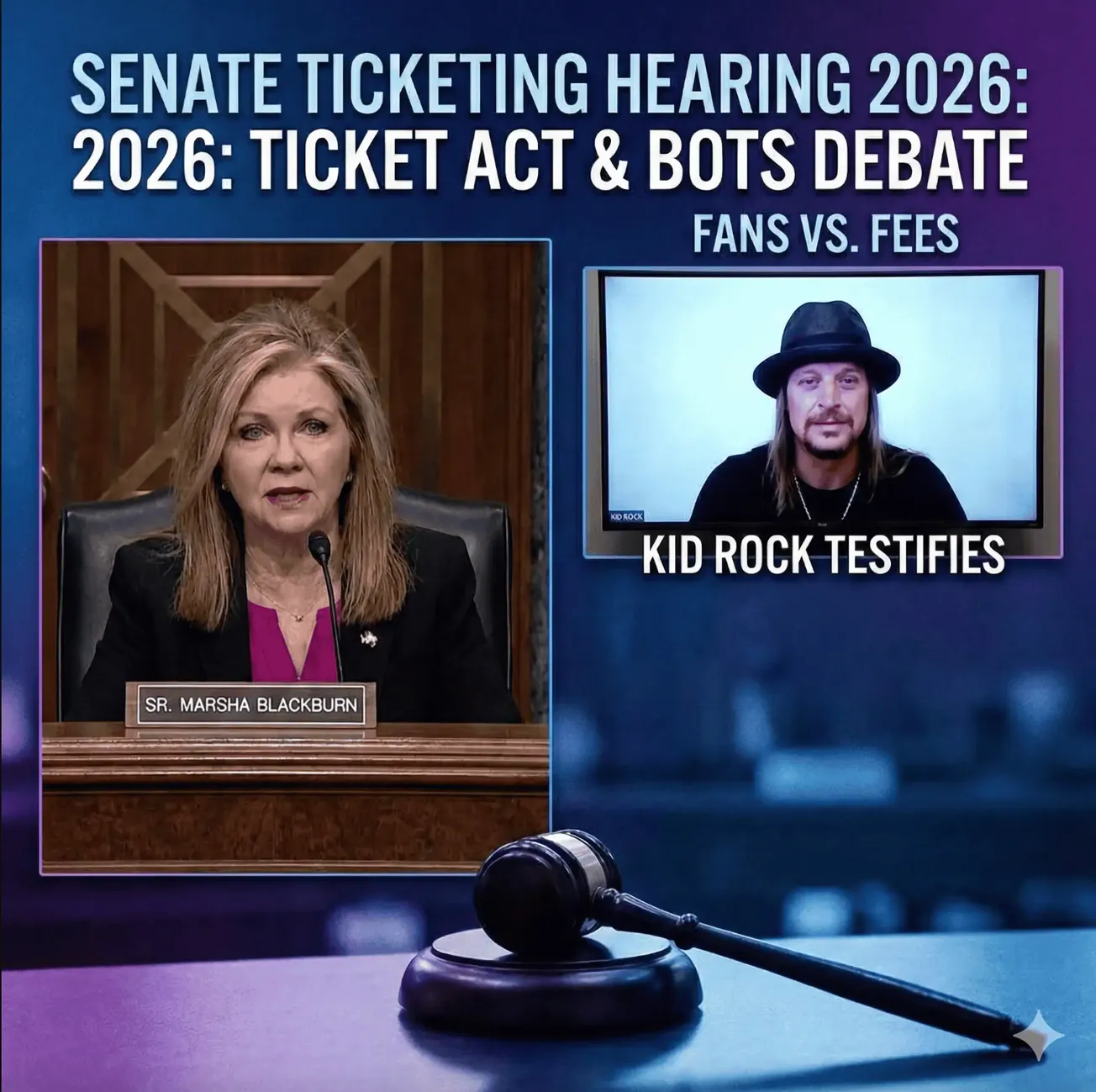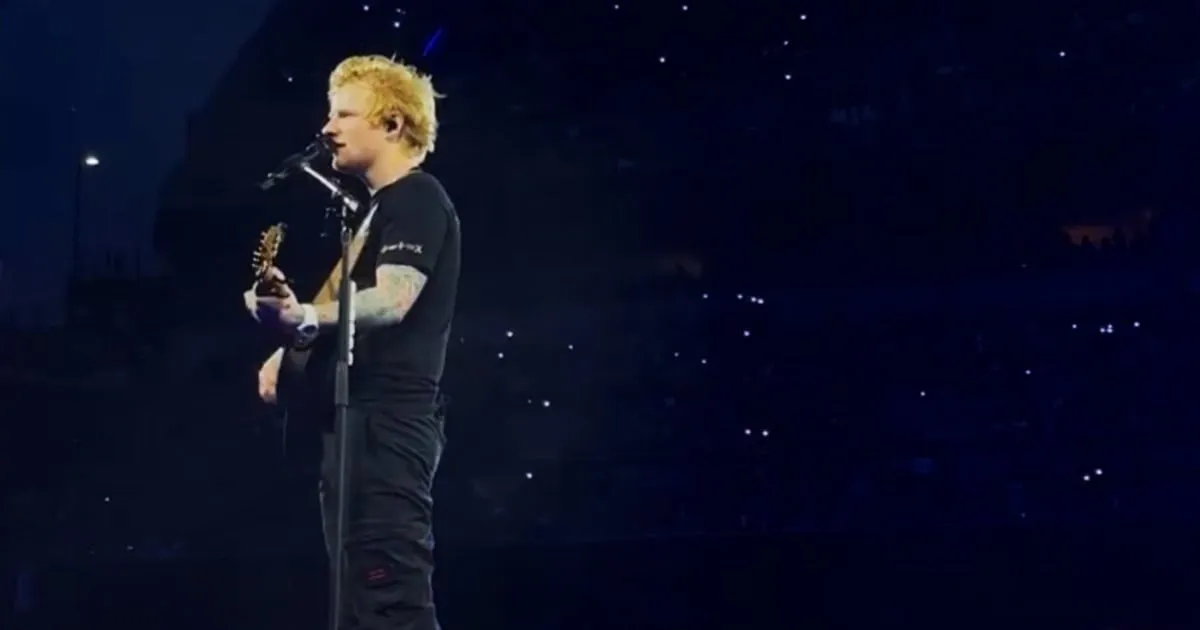_________________________________
Guest Post by Cortney Harding on RethinkMusicRecently, an expert in VR told me that the format was in its “iPhone 1” moment — a cool gadget embraced by the tech elite but largely shunned by the mainstream consumer due to high cost and limited utility. When the first generation of iPhones was released, I remember thinking that it was nuts to pay $600 for a breakable gadget that only worked on one network, and while it looked pretty sexy, my Motorola Razr was doing the job just fine. A few years later, after the app store exploded and the price dropped, I gladly tossed my old flip phone, and today, even the most mainstream, late-adopting consumers have largely converted.Along with changing how we consume information, the smartphone is what allowed streaming to explode and altered the way to consume music. And now VR has come along, another brand new format that will likely shift the way we listen, watch, and interact with sound — and although it’s a few years off, artists need to start thinking about VR and the opportunities it presents.The live music space is perhaps the most obvious place to start. Watching concerts in VR will never replace attending a live show — there’s still nothing like standing in a room with friends seeing a band you love up on a stage. But it will expand the market tremendously and create a new revenue stream for artists. Currently, the capacity of the venue they play on a given night in a given city limits their audience for that one show, and there are only so many shows a band can physically play. Most clubs also cater to a narrow audience — by starting shows late, they cut out older listeners who have to be up for work the next morning, or parents who love music but can’t arrange for someone to watch the kids. If you live outside a major media market, you’re out of luck. If you are disabled, you’re out of luck — even ADA compliant venues offer substandard accommodations for the most part. If you’re a woman, a minority, or an LGBTQ person, there are certainly places you might not feel safe, even if you really want to see a show. Great VR concerts allow people to participate, and will only add to the live market.Related articles







